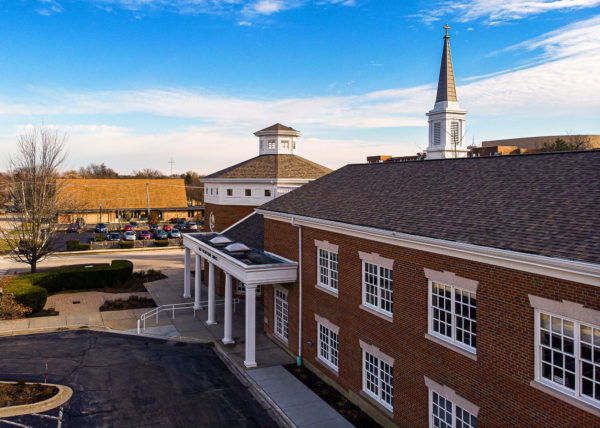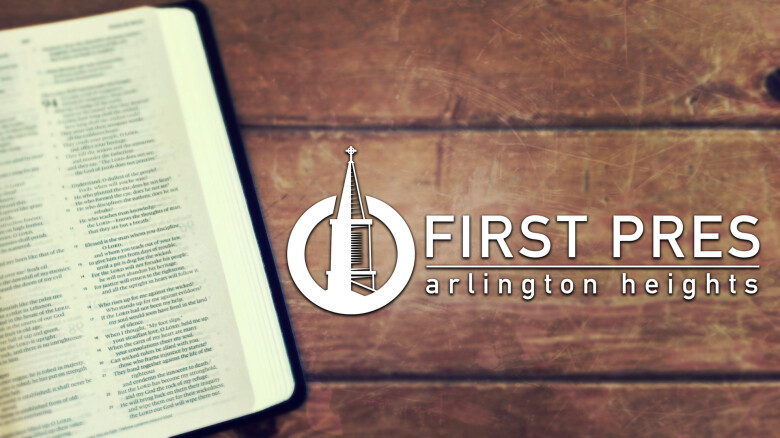Today is Memorial Day, a day where we remember fallen soldiers who fought on behalf of the United States of America. Prior to becoming an official federal holiday in 1971, Memorial Day was originally known as Decoration Day. In the years following the Civil War, families would decorate the graves of their dead relatives and hold a service of remembrance at the cemetery.
I will admit to you that Memorial Day has always elicited a jumble of mixed feelings for me. On the one hand, I feel it is important to honor the sacrifices of the men and women who have fought to defend our freedom as Americans. Although the United States has fought in many wars throughout our 243-year history, two of the biggest were World War I and II. Both are amazing instances of times when the citizens of our country fought valiantly to defend democratic ideals throughout the world. Without their efforts, the political landscape in which we live today would be a significantly altered.
On the other hand, not all soldiers in our country’s history have fought for such lofty ideals. As a child, my parents would take me to the Memorial Day services held at the Confederate Cemetery in Fredericksburg, Virginia. This is because my great, great, grandfather, James Horace Lacy, is buried there. He was a Major in the Confederate army. This was a point of great pride for my mother, father and grandmother.
James Horace Lacy (1823-1906)
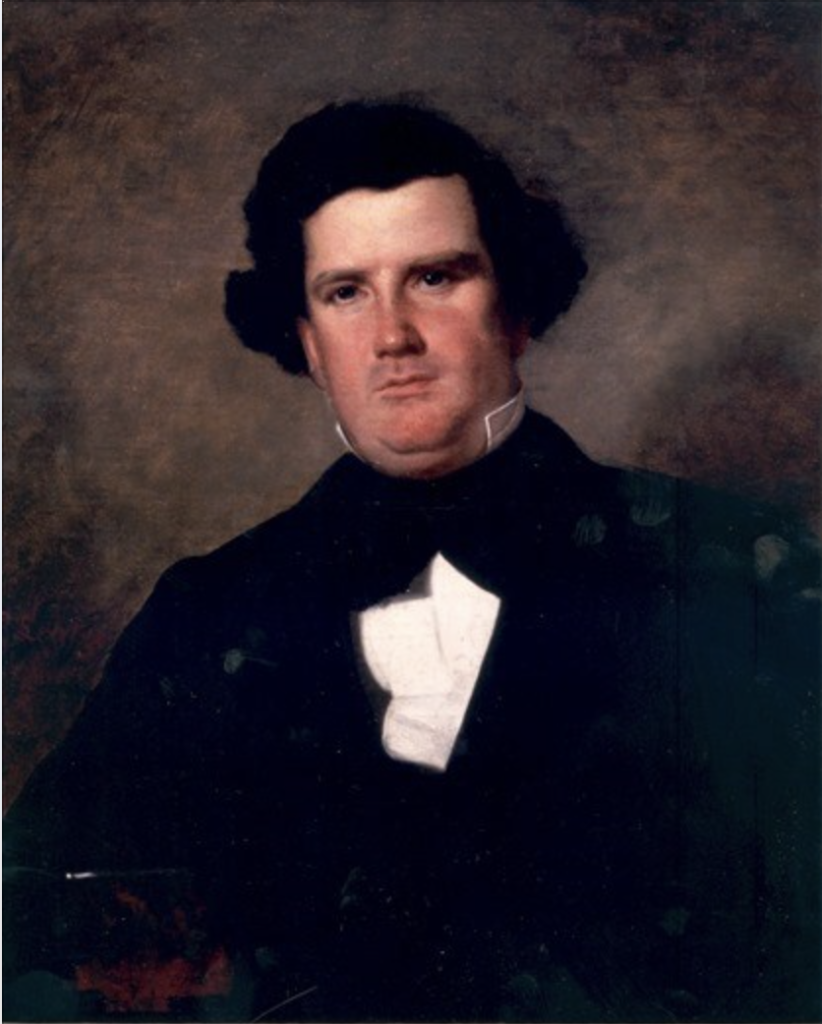
Hundreds of people would fill the cemetery to hear stories of how, during the Battle of Fredericksburg, Confederate soldiers fought valiantly in the face of great odds. Civil War reenactors would dress in Confederate uniforms, carrying muskets that would be fired at the end of the ceremony. My sisters dawned white dresses, while I would have the pleasure of wearing slacks, a button down shirt and blazer in the humid 95-degree heat.
As a child, I accepted this celebration as part of my familial duty to honor our past. However, as I became older, I started to learn more about my grandfather Lacy. He owned the largest plantation home in Fredericksburg known as Chatham Manor. It is a remarkable home on a beautiful piece of land overlooking the town of Fredericksburg.
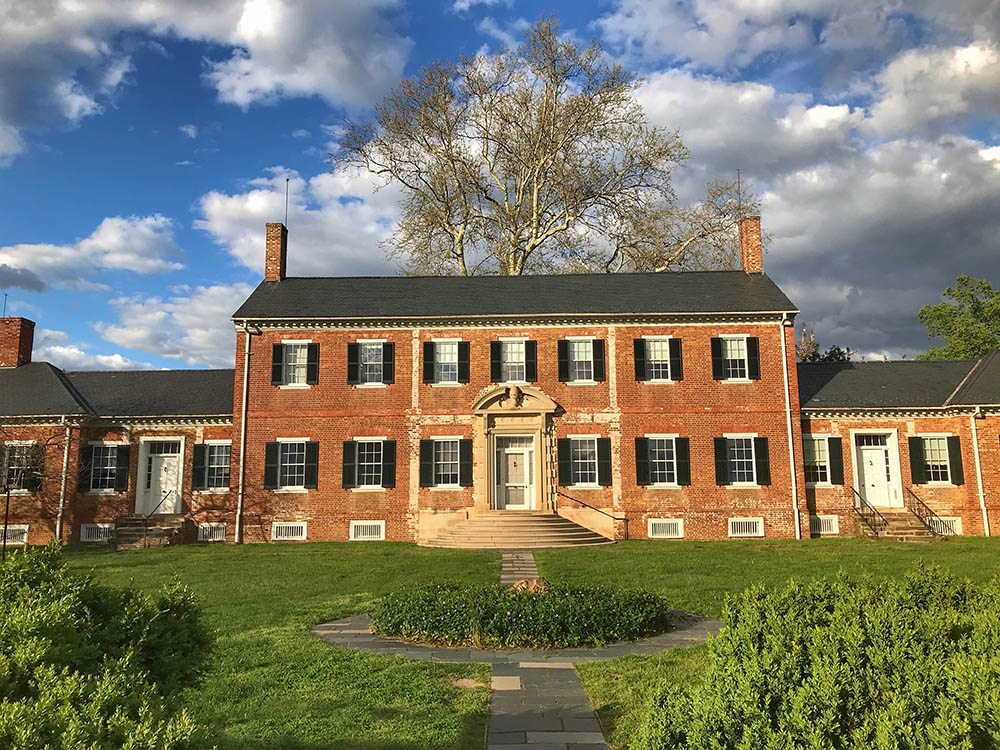
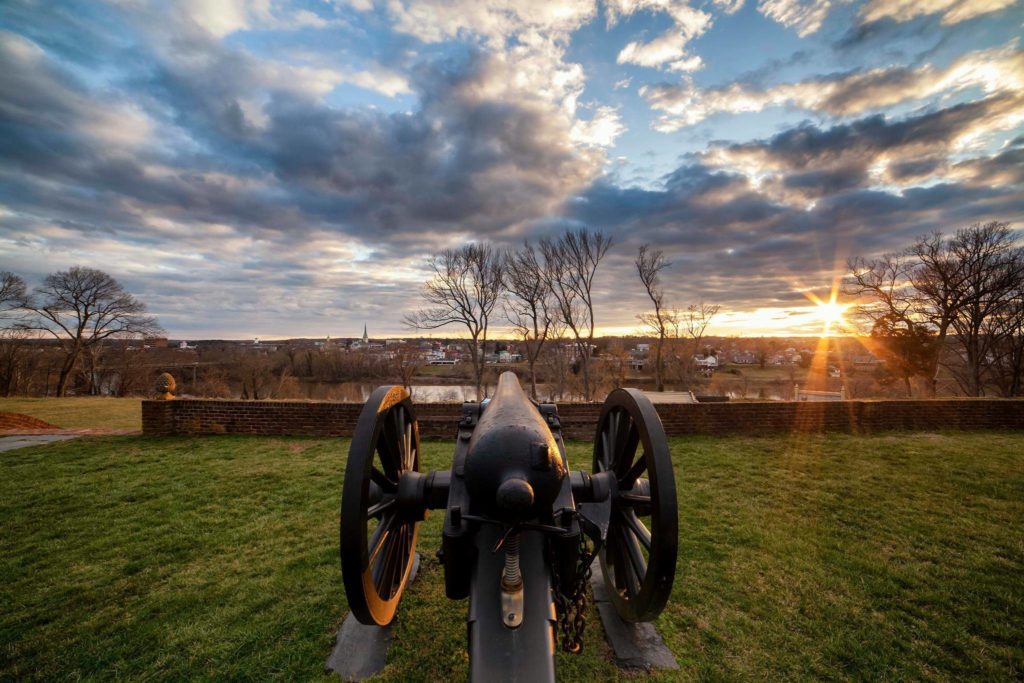
I played there often as a child, but never considered the people who kept that land so beautiful—slaves. Thirty-nine of them to be exact. He owned another 48 slaves on his summer property and hired out another eight slaves to individuals in Fredericksburg. Prior to the Civil War, James Lacy was the owner of 95 human beings whom he treated as his property to do with as he pleased.
Following the Civil War and the emancipation of his slaves, Lacy fell on hard times. Without free labor to run his properties, he ended up having to sell off many of his landholdings. To call him a believer in the superiority of the white race would be an understatement. Beginning in 1866, Lacy began a speaking tour of Baltimore, New York and New Orleans in order to raise money for the purchase of land in Fredericksburg to create the Confederate Cemetery.
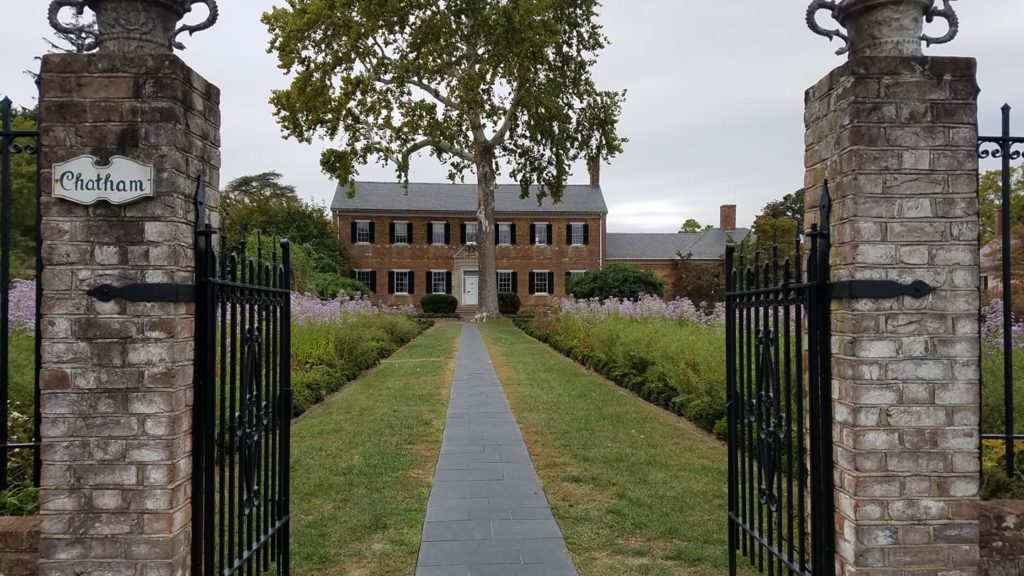
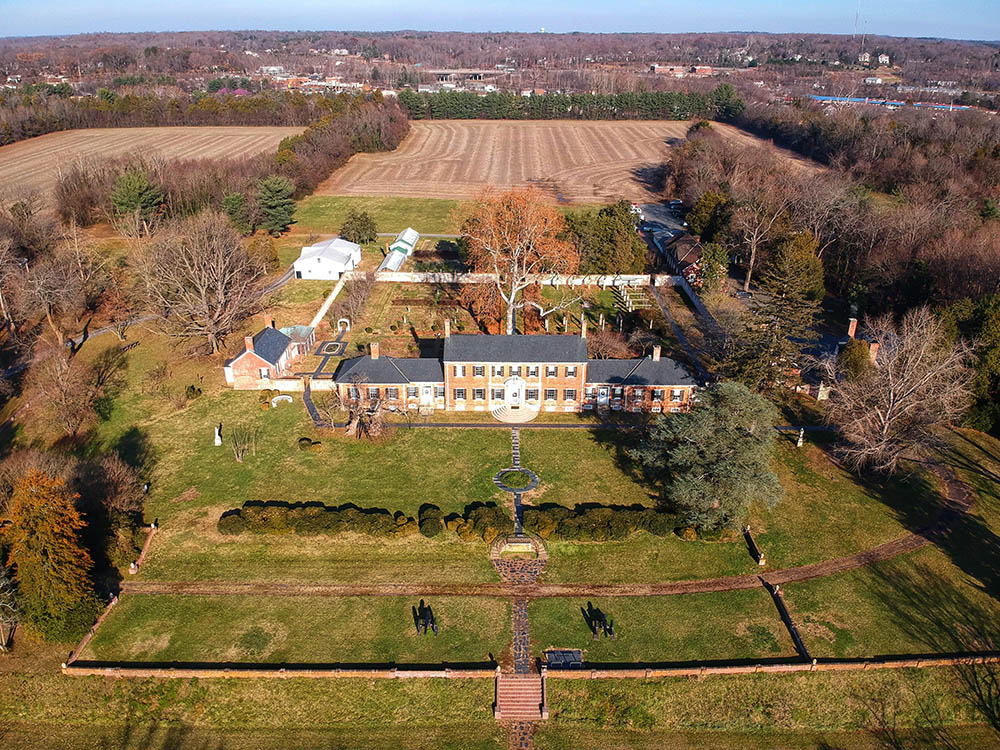
During these speeches, he would decry the outcome of what he deemed an “unjust war”. When Lacy ran for political office to be a delegate in the Virginia legislature, the Fredericksburg News endorsed him by saying:
“[Lacy] is the bearer of the white man’s flag, and it is the duty, the sacred duty, of every Conservative who desires to perpetuate the purity of his blood and the pride of his race to vote and earnestly work for the election of Major Lacy…When the great object is the supremacy of the white race, let not any petty personal feeling or prejudice come between you and the consummation of the great end to be obtained.”
When I realized this is the man whom my family was coming to “honor” every Memorial Day, I felt sick to my stomach. From that point forward, I refused to attend the Memorial Day celebrations held at the Confederate Cemetery. I’m not one to justify his actions simply because he lived in a different era. There were plenty of people who lived in the 1800s who didn’t own slaves and who condemned slavery as an immoral practice. The fact that I am related to a man who actively promoted the enslavement of other human beings is inexcusable.
Therefore, every year when it comes time celebrate to Memorial Day, I am forced to reflect on the legacy my family brought to this country. We did not improve democracy. Indeed, we actively fought against the ideals of a free and fair society. This is why every Memorial Day, I rededicate myself to reversing what my great, great grandfather fought to support by doing my best to upend the systems of racism and prejudice that have so adversely affected people of color in this country.
The reason I tell you this history of my family is because we all have blemishes in our family history. We all have people in our families who have done things of which we are not proud. The basis of the Christian faith is the idea that it is never too late to begin making amends. You can always turn your life around and choose a different path. I’m thankful that my Christian faith inspired me to become a different person than my great, great grandfather and I will continue to fight the good fight as long as I live.

